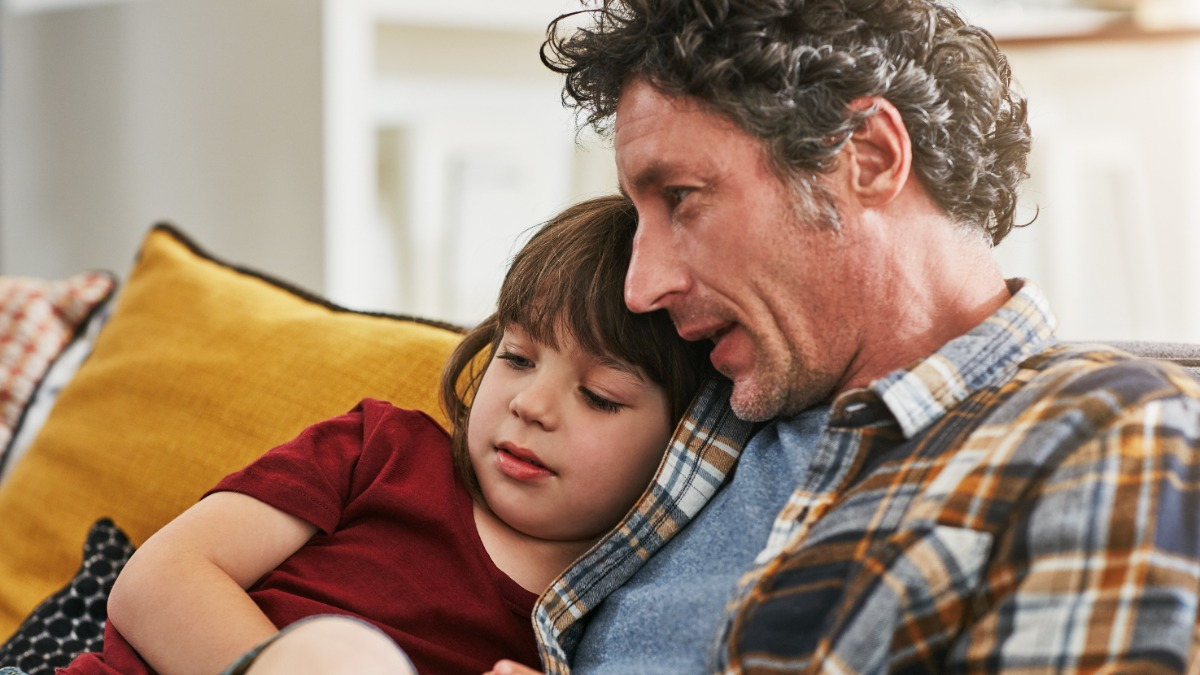
Anxiety in children: What parents can do
When children are scared, they need understanding and strong parents. 5 tips for parents on how to deal with children's insecurities and fears.
When we are in a crisis as adults and are afraid, we usually try to understand the extent of the whole dilemma. We inform ourselves on various channels and google for answers and strategies to tame our fears. We think that our children are just like us and that we need to have clever and sensible answers to their questions. But other things are more helpful for children.
5 tips from our family therapist and life coach Matthias Könning
1. be a safe bank for your child in case of anxiety
Children rely on the fact that they are safe with their parents. Their presence is enough. If the parents are there, everything is fine. That's why they make contact from time to time. Child: "Are you there?" - Parents: "Yes, I am!" Then everything is clear and the children can get on with what they are doing.
It helps if you connect internally with the parts of your feelings that are safe. This allows you to radiate confidence. Realize what you can still rely on. You have a roof over your head and enough food. You love your children and they love you. That is an important foundation.
2. fear is allowed
When something is not as usual, a feeling of fear arises. It tells us: "Watch out!" and makes us think about what to do. Fear is justified. Don't tell your child: "Don't be afraid" or "It's not so bad", but rather convey to them that fears are completely normal in children and adults and visit us from time to time.
Talk about how it feels: Is it just unpleasant, or are there other sensations? Where in the body does it make itself felt? Does the feeling have a shape or color? Show interest, along the lines of: "We're not running away from the fear, we're going to see what it does". Together you will find that the fear will go away just as it came.
3. now is the time for rituals
Children love and need clear and regulated routines, especially in times that seem uncertain to us. Especially now, when everything is suddenly different. If everyone is always at home, the day becomes long, we quickly become bored and more sensitive. With rituals that always take place at the same time, you can bring stability and relief to everyday life. This could be a cuddle session, reading aloud time or meals that everyone helps to make particularly enjoyable. .
Our tip against anxiety in children: Evening ritual
Sit down together and light a candle. Then each family member says how they are doing, what they have achieved today and what has brought them joy. Then think of the people who are not there now and call them all by name. This increases the size of the family circle. Finally, think about what the next day could look like and whether there is a nice activity that everyone would like to do.
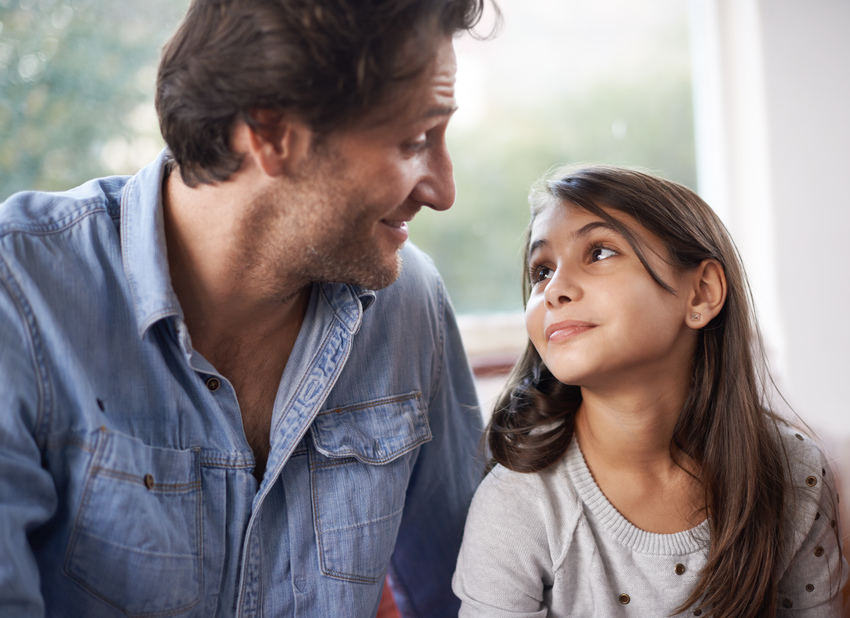
4. only answer what is asked
Children often ask a lot of questions, which may overwhelm you as parents. That doesn't matter. You don't have to know everything and you don't have to answer a topic exhaustively. If a child is satisfied with the answer and doesn't ask any more questions, they don't need any further explanations.
Draw on previous experiences when talking to your children about fears. For example, ask: "Have you ever been afraid? What did you do then? What helped, what wasn't good for you? What could help you now?" By asking questions like these, you make the children competent discussion partners.
5. more contact, less head
Physical contact is the best way to convey security and counteract children's fears. When the body can lean against it, it feels protected and secure. This is also easier than searching for answers that not even experts have.
Children have three basic needs: They need a sense of closeness (attachment), physical safety and freedom to express themselves through play (autonomy). See which of these needs your child is currently expressing and what you can do to meet them. If they want to play, give them freedom. If they are looking for love, give them attention. If they are afraid, give them security.
Pandemic, war, refugee and climate crisis: in recent years, one global crisis has followed
one global crisis after another. The brochure "What has happened to MY world?" contains background information and practical tips for parents and caregivers to help children understand a confusing, unpredictable and sometimes violent world.
Picture books to combat children's fears
Our experts from the pme Lernwelten have compiled book tips for you, which you can order via our webshop. Simply register with our pme Familienservice bookshop and browse through our extensive range.
Corinna Leibig: The little tummy ache
From 3 years
Mabuse publishing house
ISBN 9783863213480
Rachel Bright: The lion in you
From 3 years
Magellan Publishing
ISBN 9783734820212
Anna Llenas: The color monster
From 3 years
Velber publishing house
ISBN: 9783841101952
Danny Baker, Pippa Curnick: Frida Fearless invites you to tea
From 4 years
Ars Edition
ISBN 9783845827513
When do anxieties in children need medical treatment?
It is important to take children's anxieties seriously and recognize when they may be going beyond normal levels. If your child's anxiety is persistent, feeling like it is getting out of hand and significantly interfering with daily life, it may make sense to seek professional help. Signs of this may include:
- Intense anxiety: If your child shows extreme anxiety in certain situations that is not appropriate.
- Changes in behavior: If your child has extreme separation anxiety or withdraws, is less active or neglects their social contacts.
- Physical symptoms: Frequent physical complaints in certain situations, such as abdominal pain, headaches, nausea, sweating, etc. without a medical reason.
- Persistent sleep problems: difficulty falling asleep or waking up frequently due to anxiety.
- Impairment of everyday life: If the anxiety significantly affects school, friendships or other everyday activities.
In such cases, it makes sense to contact a specialist family counseling service and/or a paediatrician. Professional child and adolescent psychotherapy or systemic family therapy can also be a helpful next step.
It's about getting appropriate support and treatment so that your child learns to deal with their anxiety more appropriately and lead a healthy, balanced life - and prevent chronic disease progression.
Do you feel helpless as a parent or responsible person? Your own helplessness as an adult in such situations could mean that you need professional help for yourself in order to give the child more security.




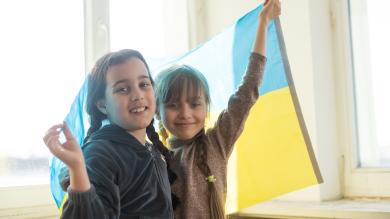

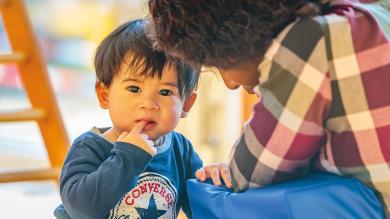
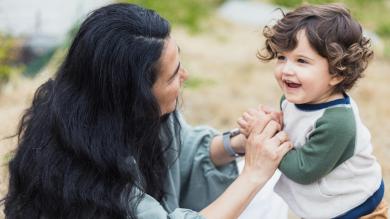
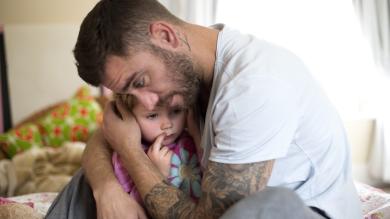

 (1).png/4c710762-3137-efdf-a95a-1ef231de5907/4c710762-3137-efdf-a95a-1ef231de5907?imageThumbnail=2)